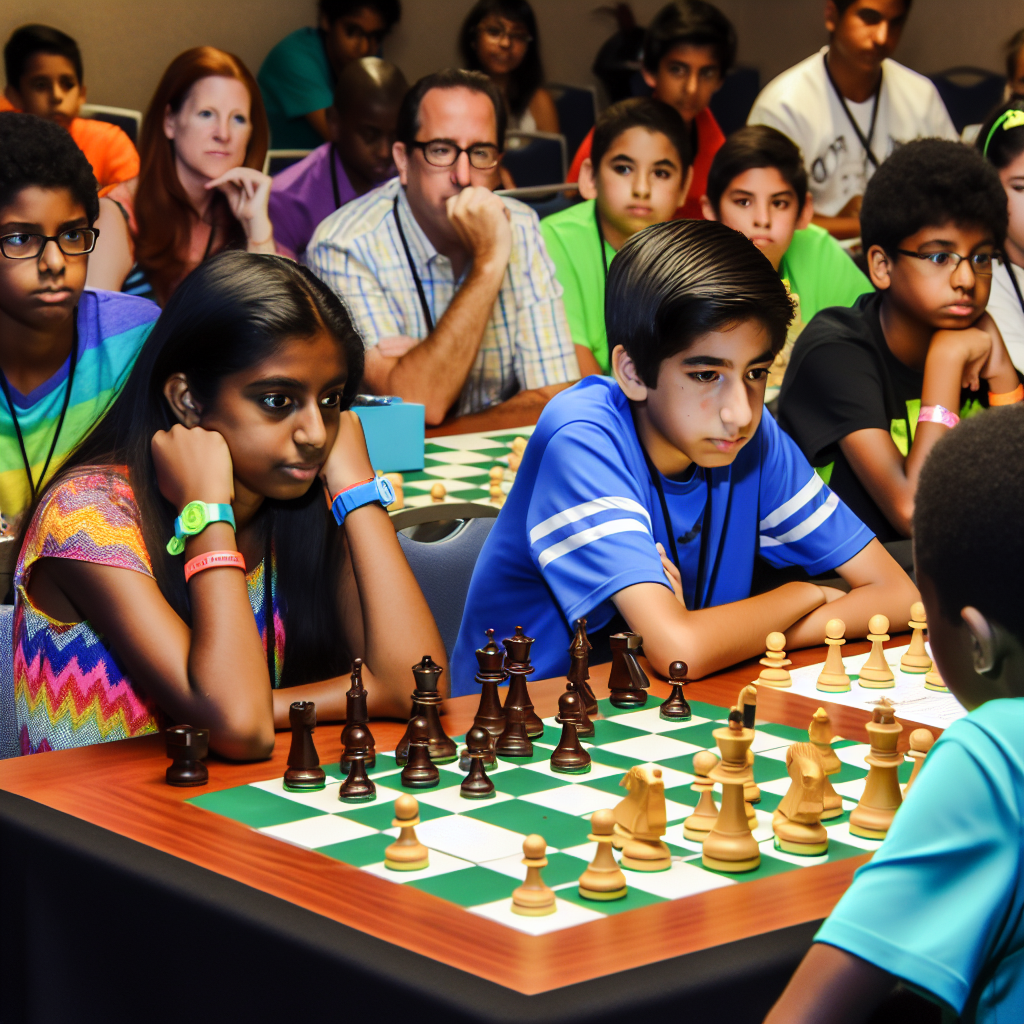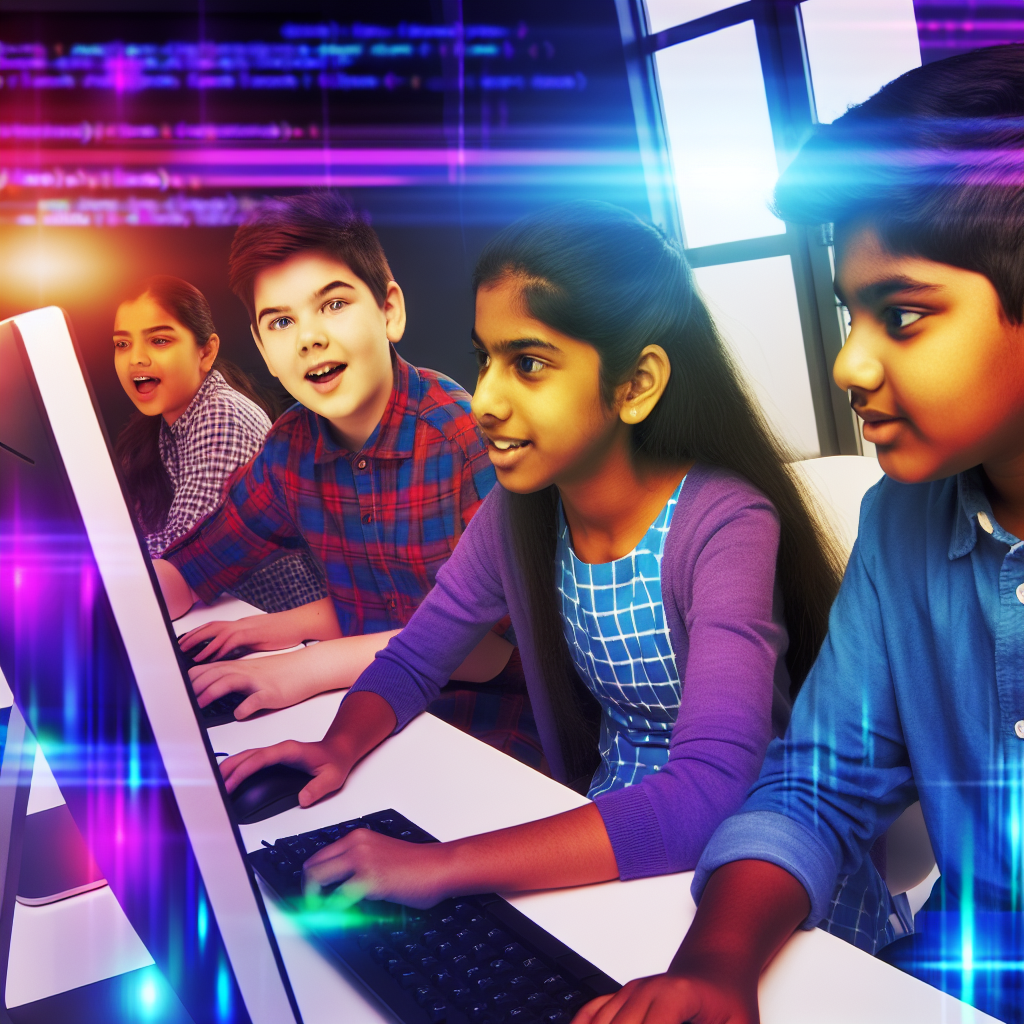Championship Chess Training: Inside the World of Elite Youth Coaching
The Rise of Elite Youth Chess Training
Chess has long been recognized as the ultimate game of strategy, intellect, and discipline—an art as much as a skill. In recent years, it has evolved beyond a pastime and into a highly competitive global arena where the finest minds begin their training as early as four years old. For parents of means who seek excellence for their children, access to elite chess coaching offers a refined gateway to cognitive and academic superiority, along with opportunities for exclusive networking and social prestige.
Championship chess training for the gifted child is no longer limited to occasional lessons or casual club play; today, elite-level training programs offer personalized coaching from grandmasters, AI-assisted strategic analysis, and invitation-only training camps where young prodigies receive expert mentorship. Such programs are designed to sculpt future chess champions by refining skills such as rapid problem-solving, memory expansion, and deep analytical reasoning—abilities that extend far beyond the chessboard into academic and professional excellence.
One of the most appealing aspects of elite chess coaching is the tangible impact on cognitive development. Studies consistently show that chess enhances critical thinking, pattern recognition, and executive function, making it a favored training tool among high-achieving families aiming for Ivy League and other top-tier university admissions. Beyond academics, chess mastery promotes emotional resilience, teaching young players how to manage pressure, remain patient, and make calculated decisions—all essential skills for leadership in future careers.
Parents dedicated to cultivating intellectual advantage for their children are increasingly investing in premium chess instruction. From intensive international chess academies in London and New York to private tutors who work exclusively with world-ranked juniors, opportunities abound for aspiring young minds to elevate their game. Whether seeking future grandmaster status or leveraging the discipline of chess for academic and cognitive advantage, championship chess training provides an unparalleled journey toward intellectual refinement and competitive success.
The Science Behind Chess and Cognitive Development
Research in neurodevelopment consistently affirms that chess significantly benefits young minds. A 2016 study published in Frontiers in Psychology found that children who played chess demonstrated notable improvements in problem-solving skills, memory retention, and mathematical ability compared to their peers who did not engage in structured chess training [[1]](https://www.frontiersin.org/articles/10.3389/fpsyg.2016.02561/full). The researchers concluded that chess acts as an early cognitive enhancer, conditioning young brains to recognize patterns and anticipate consequences—key skills associated with high-level reasoning.
Another pivotal study conducted by the University of Trier in Germany showed that playing chess strengthens the brain’s prefrontal cortex, responsible for decision-making and impulse control [[2]](https://link.springer.com/article/10.1007/s00426-013-0489-2). The authors noted that elite chess players activate both hemispheres of the brain, particularly engaging areas linked to advanced problem-solving and long-term strategic planning—abilities pivotal to success in high-stakes professions such as finance, law, and scientific research.
Moreover, research has highlighted the impact of chess training on academic performance. A longitudinal study in New York public schools found that students who participated in regular chess instruction outperformed non-chess players in mathematical reasoning and reading comprehension [[3]](https://journals.sagepub.com/doi/10.1177/21582440211022686). The results align with global findings that chess improves concentration, enhances patience, and fosters a solution-oriented mindset.
Beyond cognitive benefits, chess also nurtures emotional intelligence. Elite chess training requires young players to manage stress under intense time constraints, prepare for high-pressure competition, and gracefully accept both victory and defeat. Harvard psychologist Dr. Howard Gardner, renowned for his theory of multiple intelligences, identified chess as a powerful tool for developing intrapersonal intelligence—the ability to regulate emotions and build mental resilience [[4]](https://www.psychologytoday.com/us/blog/the-intelligent-fridge/201904/emotional-intelligence-chess-playing-and-success).
In recent years, leading institutions have begun integrating chess into early childhood development programs to harness these benefits deliberately. Luxury-focused academies now offer holistic coaching that includes cognitive training, AI-assisted game analysis, and psychological conditioning—further refining young talents beyond traditional education models.
Conclusion: A Game-Changer for Young Thinkers
For parents who prioritize intellectual excellence and elite skill development, championship chess training represents more than a competitive endeavor—it is a transformative investment in their child’s cognitive, emotional, and strategic capabilities. The intersection of high-level chess coaching and scientific research underscores the profound benefits chess offers in nurturing sharp analytical minds, fostering resilience, and preparing future leaders for high-stakes decision-making. As access to premium chess instruction continues to expand, young protégés now have unprecedented opportunities to train with global grandmasters, compete on an international stage, and develop the mental acuity to chart their paths toward lifelong achievement.
Summary:
The article explores the rise of elite youth chess training, where children as young as 4 are receiving personalized coaching from grandmasters, AI-assisted analysis, and invitation-only training camps. This training is shown to enhance critical thinking, problem-solving, memory, and academic performance, as well as emotional intelligence and resilience. The article highlights the growing trend of high-achieving parents investing in premium chess instruction to cultivate intellectual superiority and competitive advantage for their children.
References:
[1] Burgoyne, A. P., Sala, G., Gobet, F., Macnamara, B. N., Campitelli, G., & Hambrick, D. Z. (2016). “The Relationship between Cognitive Ability and Chess Skill: A Comprehensive Meta-Analysis.” *Frontiers in Psychology.* [https://www.frontiersin.org/articles/10.3389/fpsyg.2016.02561/full](https://www.frontiersin.org/articles/10.3389/fpsyg.2016.02561/full)
[2] Grabner, R. H., Stern, E., & Neubauer, A. C. (2013). “Individual Differences in Chess Expertise: A Psychometric Investigation.” *Psychonomic Bulletin & Review.* [https://link.springer.com/article/10.1007/s00426-013-0489-2](https://link.springer.com/article/10.1007/s00426-013-0489-2)
[3] Sala, G., & Gobet, F. (2021). “Do Chess Players Show Better Cognitive Skills than Non-Chess Players? A Meta-Analysis.” *SAGE Open.* [https://journals.sagepub.com/doi/10.1177/21582440211022686](https://journals.sagepub.com/doi/10.1177/21582440211022686)
[4] Gardner, H. (2019). “Emotional Intelligence, Chess Playing, and Success.” *Psychology Today.* [https://www.psychologytoday.com/us/blog/the-intelligent-fridge/201904/emotional-intelligence-chess-playing-and-success](https://www.psychologytoday.com/us/blog/the-intelligent-fridge/201904/emotional-intelligence-chess-playing-and-success)

Dominic E. is a passionate filmmaker navigating the exciting intersection of art and science. By day, he delves into the complexities of the human body as a full-time medical writer, meticulously translating intricate medical concepts into accessible and engaging narratives. By night, he explores the boundless realm of cinematic storytelling, crafting narratives that evoke emotion and challenge perspectives. Film Student and Full-time Medical Writer for ContentVendor.com



